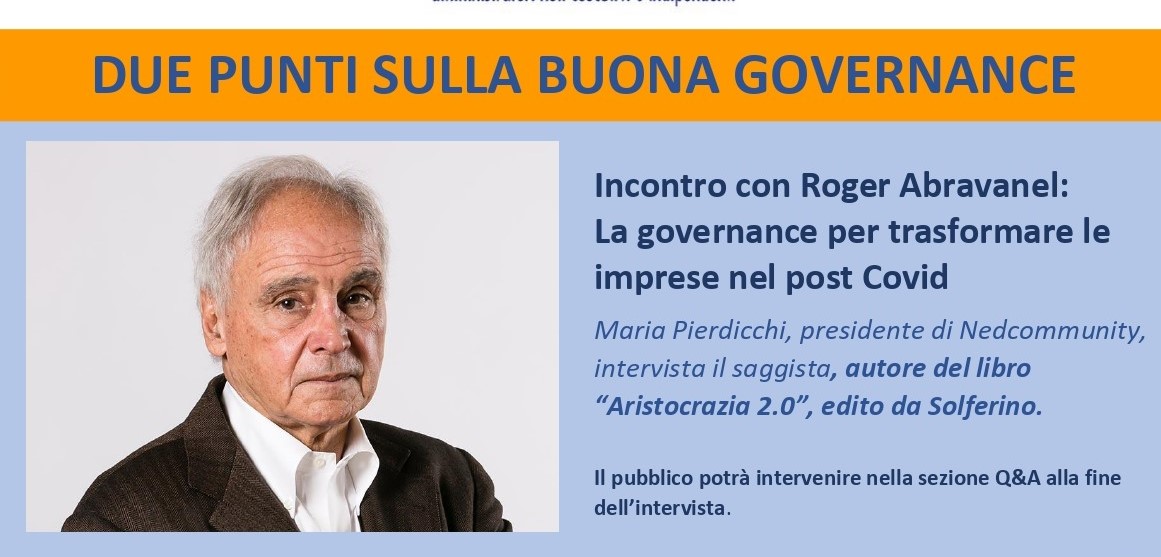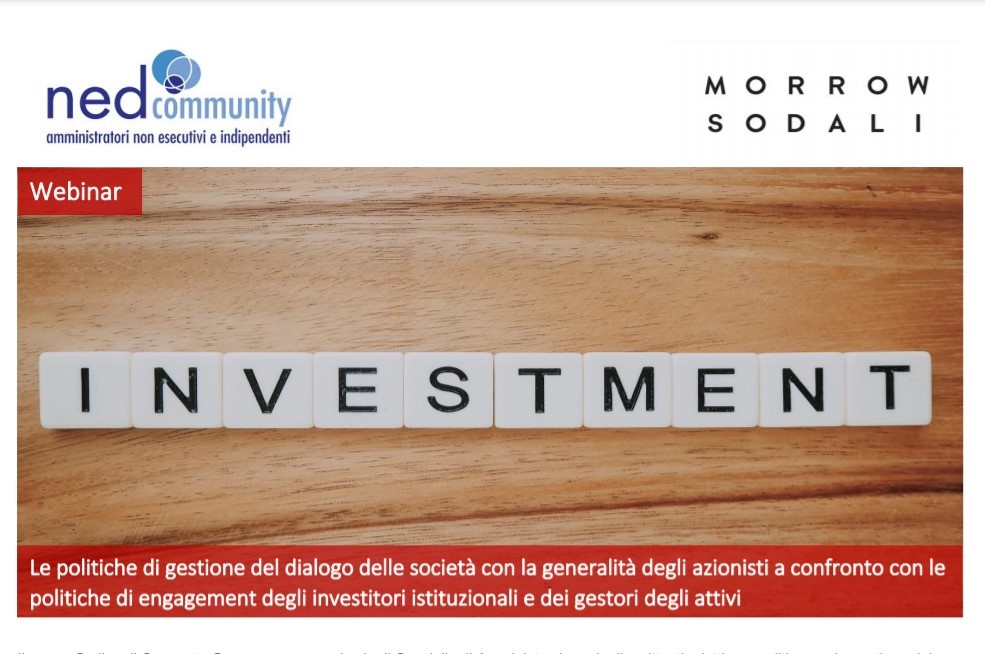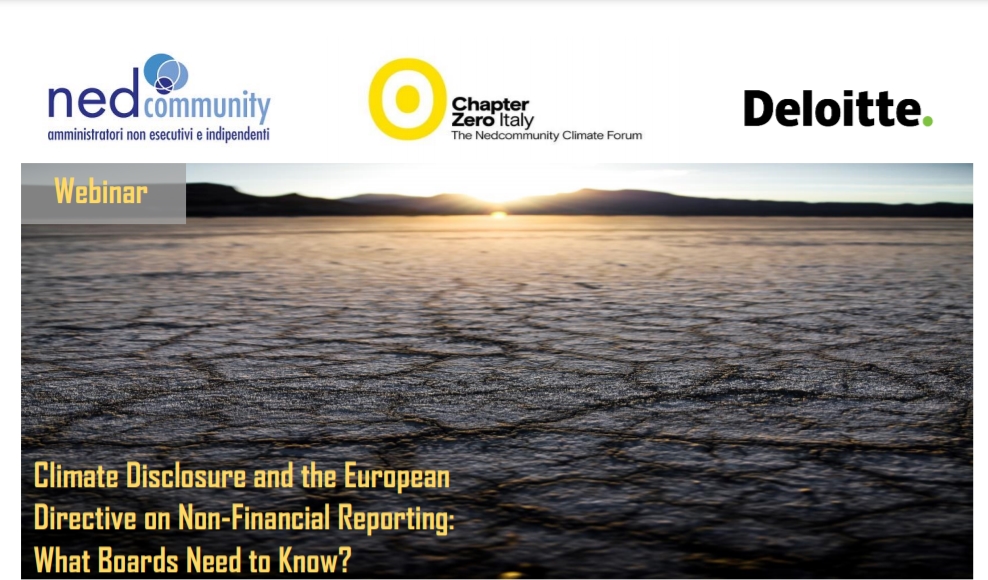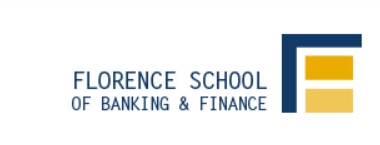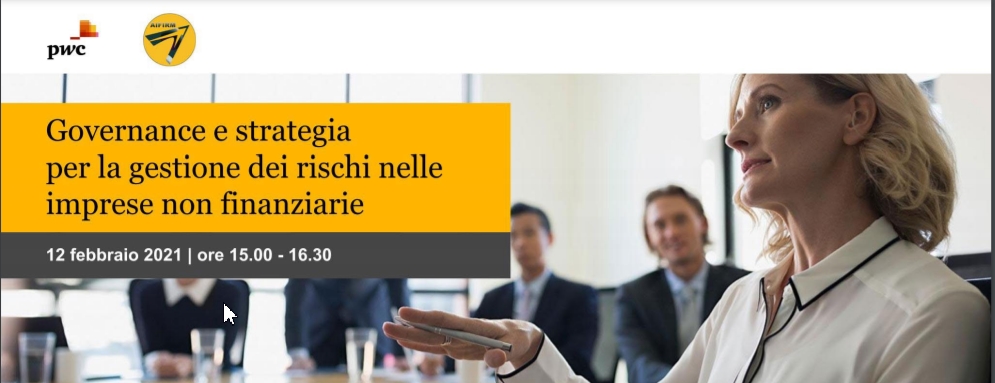Gentili Associati,
sperando di fare cosa gradita abbiamo il piacere di condividere con Voi il seguente webinar “Fit and Proper Assessment: Better Boards for Better Banks?” promosso da Florence School of Banking and Finance .
A conversation with Edouard Fernandez-Bollo, ECB Representative in the Supervisory Board.
One key aspect in bank governance concerns the composition and functioning of the Board of Directors. The suitability of its members is assessed by supervisors through so-called “Fit and Proper” (FAP) assessment. Members of the board have not only to be suitable individually but also collectively, and cover specific knowledge, skills, and a broad range of experience to perform their responsibilities and duties. For that purpose, credit institutions have to put in place policies promoting diversity on the management body. Supervisors check diverse criteria: experience, reputation, conflicts of interest and independence of mind, time commitment, and collective suitability. Supervisory authorities lead a case-by-case and proportionate approach that takes into account national laws specificities, the distinctive features of banks and of each role within management bodies.
In this context, this online debate will ask:
- With now a few years of experience, how effective is the FAP framework to ensure sound governance, adequate risk-taking, and accountability of the management body towards the Board? Where are we as regards the promotion of diversity? Has the implementation of FAP requirements improved across the SSM countries? What are the effects of an increased share of independent directors in banking governance?
- Going forward,
- Is there a need to scale FAP up in order to improve further the selection of board members? If so, what should be the main criteria (e.g., reputation, competence, diversity) that should be taken into account?
- Is there a need for better harmonisation across the SSM? If yes, on which specific areas?
The SSM seeks to engage in a conversation with non-executive directors to better gauge their experience and main challenges.
Chair
Elena Carletti (Bocconi University)
Speakers
Edouard Fernandez-Bollo (Member of the Supervisory Board of the European Central Bank)
Hans-Helmut Kotz (Non-Executive Member of the Board of Caixa Geral de Depósitos, Lisbon and Resident Fellow at Harvard)
Laragh Cassar (Non-Executive Director, APS Bank Malta)
This fourth online seminar takes place in the framework of the Challenges for Bank Board Members series, which aims at building a community of professionals from the banking and finance industry interested in deepening their knowledge about bank boards’ functioning and learning how to challenge bank management effectively. Seminar speakers include an international faculty of regulators, supervisors, and academics together with bank and finance professionals. The Challenges for Bank Board Members series is part of the new FBF Bank Board Academy for Non-Executive Directors.
Per regisitrarsi CLICCA QUI





